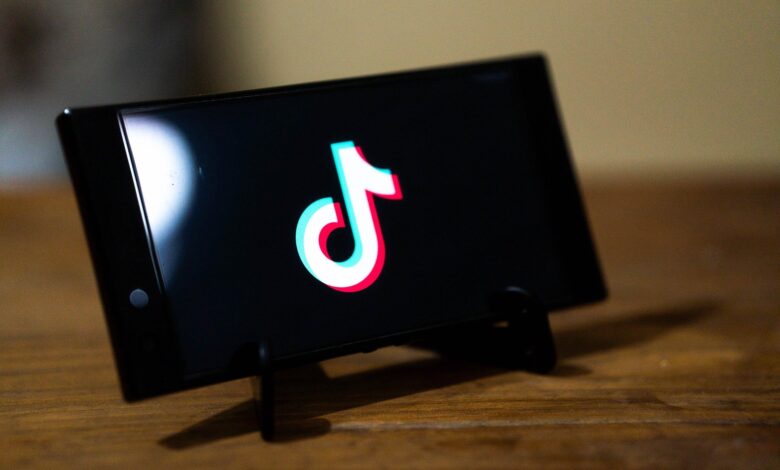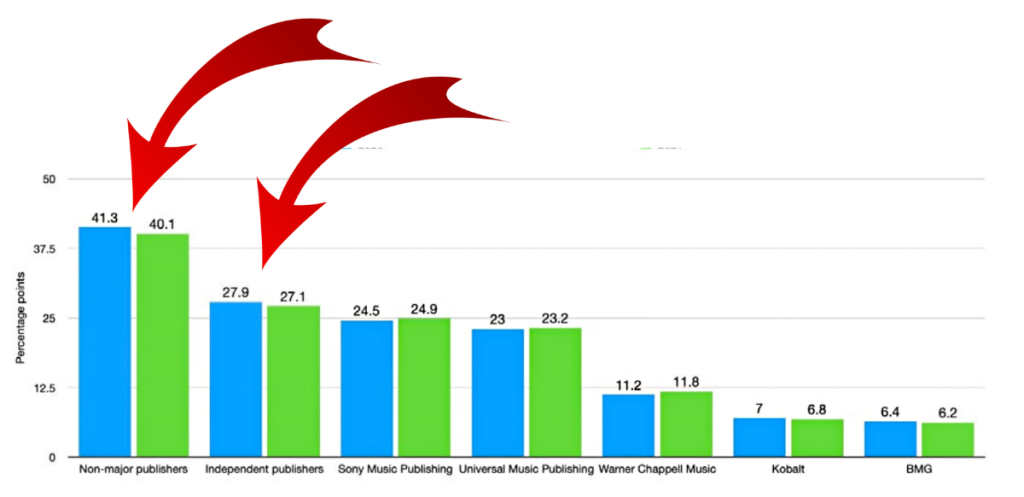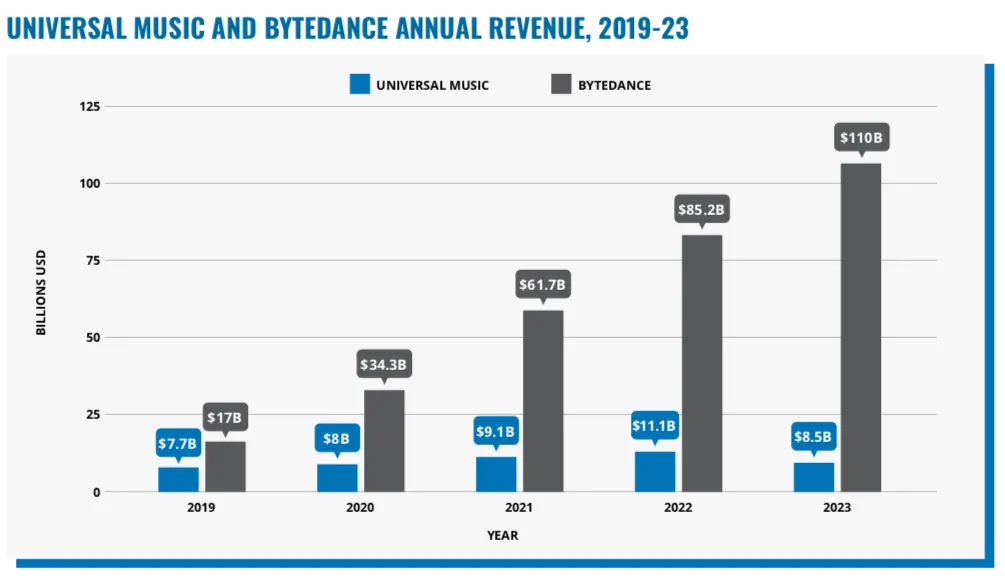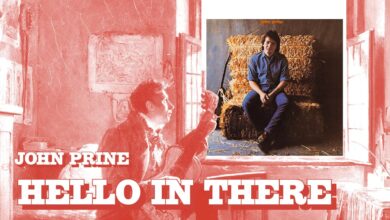Underestimate the Indie Music Publisher at Your Own Peril, TikTok


A quick breakdown of music publisher market shares, 2020 (blue) to 2021 (green) (sources: IMPF; Music & Copyright)
If TikTok somehow avoids getting banned, sold, or otherwise knee-capped in the United States, another dark storm cloud awaits. Enter indie music publishers, who could render this platform awfully quiet in the coming months. Their collective impact is bigger than many realize.
For weeks, Universal Music Group has been fighting a lonely battle against TikTok. Now, there are signs that others may join the fight — and the impact could be even more devastating for TikTok’s user experience.
Aside from the full weight of the United States Government, there’s now a scrappy group of malcontents reconsidering their TikTok relationships. And the indie music publisher storm cloud could be bigger than TikTok realizes — a lot bigger.
What will UGC licensing look like after the UMG-TikTok war? We examine that question in our recent DMN Pro Weekly Report.
A quick overview of the catalog sizes tells the first part of this story. Universal Music Group controls copyrights to roughly 3 million song recordings and publishing rights within 4 million songs. But indie publishers collectively control a far greater catalog, according to market share estimates.
Those estimates—tallied for 2021—come from the Independent Music Publishers International Forum (IMPF), which pegged indie publisher marketshare at 27.1% citing Music & Copyright figures.
However, that figure only counts music publishers with a 5% or lower total market share, excluding BMG and Kobalt. Add those ‘bigger indies’ into the mix, and the total indie music publishing market share swells to 40.1%.
Who’s included matters. As we first reported last week, the National Music Publishers’ Association notified its members that it wouldn’t be renewing its TikTok contract, which lapses on April 30th. The NMPA doesn’t include every music publisher, and more importantly, every music publisher is free to make their own decision.
But jumping back to the IMPF estimate: collectively, indie music publishers are the largest owners of songs and lyrics, at least in terms of catalog size. Sony Music Publishing might have bigger hits, but the indie music publishing community as a whole is bigger in terms of total songs.
That assumes, of course, that the entire indie music publishing community acts in lock-step.
But even a 10% pullout could create a noticeable impact on TikTok users. This isn’t a giant behemoth like UMG with a single kill switch, and major labels (and their publishing subsidiaries) have bigger hits in their catalogs. However, collective action by enough indie music publishers could amount to another ‘nuclear option’ following Universal Music Publishing Group’s withdrawal.
And what’s up with that choice of words — the ‘nuclear option’ — for music publishing?
The phrase was bandied about immediately after UMPG decided not to renew its TikTok licensing agreement, cementing UMG’s recording+publishing pullout. And it strangely fits: unlike recordings, which typically feature a smaller set of authors and owners, publishing ownership is more complicated. Generalizing across genres and eras is difficult, but today’s popular songs can have long lists of authors and co-publishers, with each owner carrying veto power over the entire song.
Look no further than Travis Scott’s ‘Sicko Mode’ feat. Drake, which has an astounding 30 different songwriters. That’s an extreme case, though most top-charting songs contain multiple songwriters (or, more accurately, rights owners with veto power).
Suddenly, the reach of a tiny music publisher can be far greater than it appears, with authors owning percentages of songs in other catalogs. The result is a vast and interconnected set of tentacles that go beyond a specific catalog. This is a bomb whose impact is hard to quickly assess, but can be seriously devastating — and deafening for TikTok.
Then again, so would an American law forcing the divestiture of TikTok by its powerful owner, ByteDance.

Source: UMG, ByteDance financial disclosures.
TikTok calls that a ban, while lawmakers simply characterize this as a slight change in ownership. Either way, a successful passage in the Senate and signature by President Biden would plunge TikTok into chaos and eliminate a mountainous war chest — with music licensing the least of the platform’s problems.


